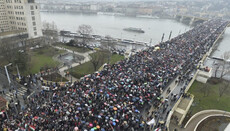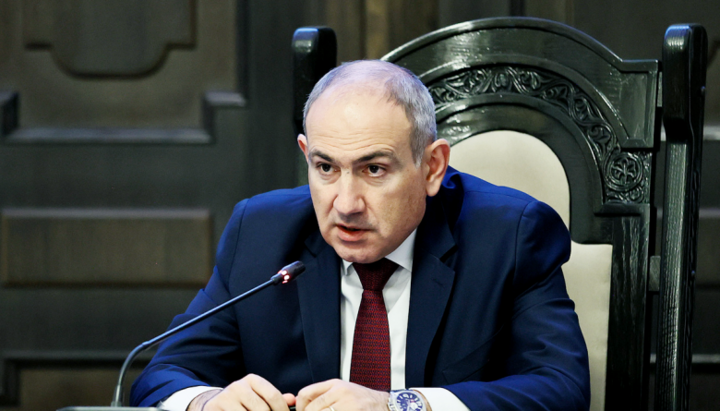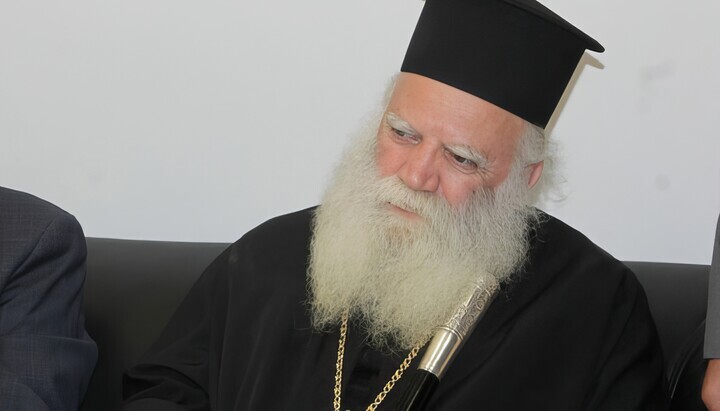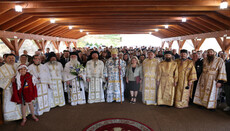Kyiv Protests Poland's Effort to Ban Fascist Symbols
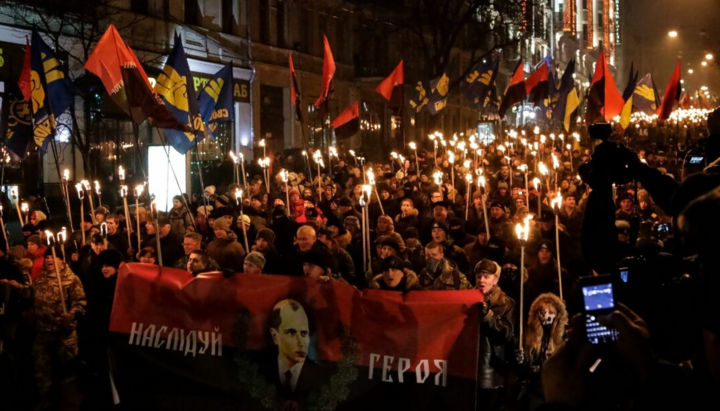
The dispute could lead to Poland's withdrawal of support for the Ukrainian war effort.
KYIV — A proposed Polish law banning "Bandera symbols," linked to controversial Ukrainian ultra-nationalist and Nazi collaborator, Stepan Bandera, has strained ties between Ukraine and Poland, a key ally in Kyiv’s war against Russia.
Polish President Karol Nawrocki introduced the bill on Monday, arguing it would counter Russian propaganda and foster mutual respect.
Bandera led the OUN/UPA, a Ukrainian fascist organization and paramilitary-terrorist force which allied with Nazis and committed atrocities against Polish and Jewish civilians in the 1940s, including the Volhynia and Galicia massacres, deemed genocide by Poland.
However, the proposal, equating Bandera’s imagery and the red-and-black flag of the Ukrainian Insurgent Army with Nazi and communist symbols, has sparked outrage in Ukraine.
While many still view Bandera as a fascist collaborator, the post-maidan government has propped him up as a liberator and father of the Ukrainian nation. Crack troops in the AFU are almost exclusively volunteer units using Banderite and Nazi symbolism; Red and Black UPA flags can be seen in military cemeteries and even government buildings.
Bandera, the son of a Uniate priest, has long been revered in Lviv and Western Ukraine—a former stronghold of the UPA and the Ukrainian Greek Catholic Church (UGCC). Dissident factions in Lviv were instrumental in taking down the Yanukovich regime. Since taking power, they have made Bandera's birthday a national holiday. Elementary school curriculum has been revised to paint Bandera as a folk hero, with children writing poems to the fascist leader and singing songs in his honor.
Ukraine’s government warned that Poland's ban could provoke a strong response, citing risks of equating Ukrainian symbols with totalitarian regimes.
Despite Poland’s support for Ukraine, historical tensions persist. Ukrainian President Volodymyr Zelensky has cautiously addressed the issue, honoring massacre victims in 2023 without naming perpetrators.
In 2022, Poland censured the Ukrainian parliament for glorifying Bandera on its official Twitter account. "The glorification of Stepan Bandera, the ideologist of Ukrainian nationalists, who killed tens of thousands of Poles in Volhynia, is unacceptable,” the Polish prime minister said at the time.





